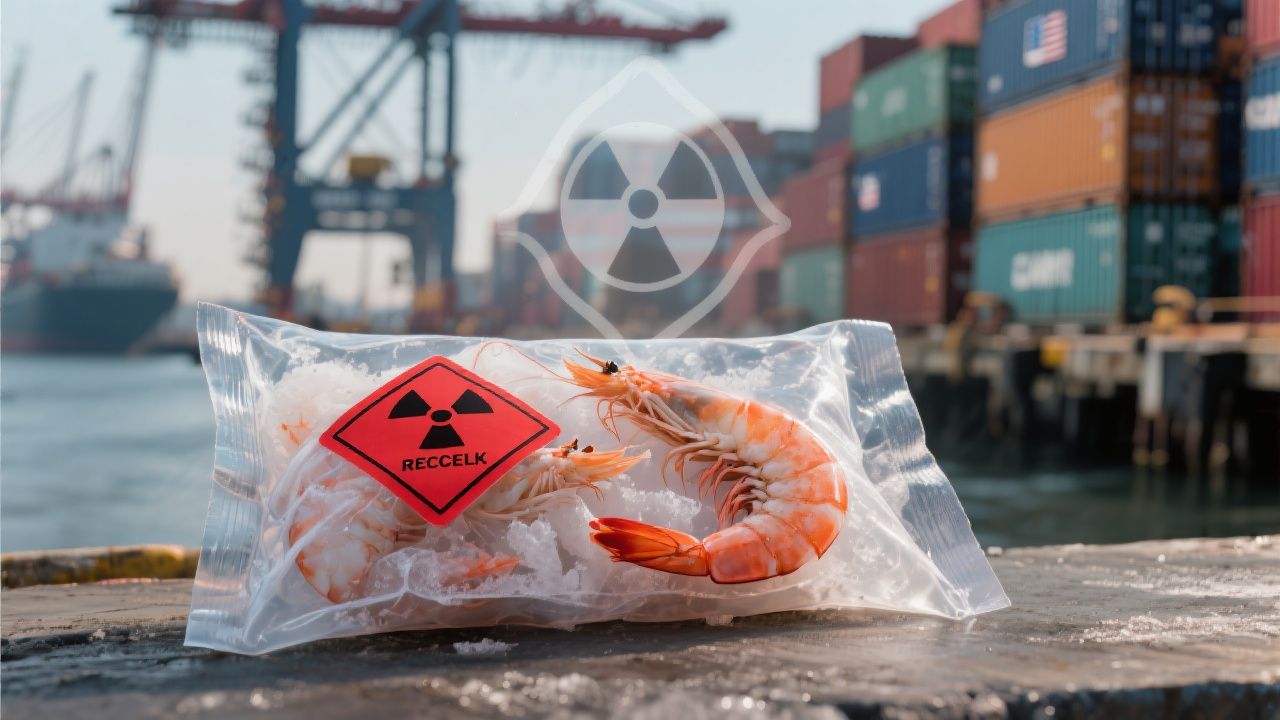
It’s not every day that a routine trip to the frozen foods aisle becomes a brush with the nuclear age.
When Dinner Turns Into a Headline
But this week, shoppers in 13 states found themselves at the center of a story that sounds more like a plot twist from a disaster movie than a grocery store recall. Walmart, the country’s largest retailer, yanked bags of its Great Value frozen shrimp off shelves after federal officials discovered a shipment tainted with Cesium-137—a radioactive isotope that, until now, most of us associated with Chernobyl, not cocktail sauce.
The Discovery: A Portside Surprise
The whole thing started quietly, as these things often do, with a routine scan at a U.S. port. Customs agents in Los Angeles, Houston, Miami, and Savannah were running their usual checks when something set off the alarms. The culprit: a batch of frozen shrimp from Indonesia, processed by a company called PT. Bahari Makmur Sejati. The FDA’s scientists ran their tests and confirmed the presence of Cesium-137 in at least one sample. Suddenly, a product meant for family dinners was flagged as a potential health risk, and the supplier was blacklisted from sending any more seafood to the U.S.
If you’re picturing a dramatic scene—sirens, hazmat suits, a port in lockdown—the reality was more mundane but no less unsettling. The shrimp looked perfectly normal, nestled in their frosty packaging, but the invisible threat was real enough to trigger a nationwide recall.
What’s in a Name? Cesium-137 and the Science of Fear
Most of us don’t spend much time thinking about radioactive isotopes, and that’s probably for the best. Cesium-137 is a byproduct of nuclear fission, the kind of thing you’d expect to find in a physics lab or a medical device, not in your freezer. It lingers in the environment for decades, and while the FDA was quick to say the detected levels were below what they consider dangerous, the idea of “low dose exposure” is hardly comforting when it comes to what we eat.
The agency’s warning was blunt: don’t eat it, don’t serve it, and if you’ve already bought it, toss it out. The affected lot codes—8005540-1, 8005538-1, and 8005539-1—are now infamous among the unlucky few who checked their freezers and found a match.
Walmart’s Response: The Corporate Apology Tour
Walmart wasted no time pulling the shrimp from its stores and issuing a statement that hit all the right notes about customer safety and corporate responsibility. “The health and safety of our customers is always a top priority,” the company said, and for once, it didn’t sound like empty PR. Customers who bought the shrimp can get a full refund, no questions asked.
But behind the scenes, there’s a more complicated story. The global seafood supply chain is a sprawling, tangled web, and even a company as big as Walmart can’t always see every link. This recall is a reminder that the food on our plates often travels thousands of miles, passing through hands and ports and regulatory checkpoints, each one a potential point of failure.
The Bigger Picture: Trust, Trade, and the Limits of Oversight
This isn’t just about one batch of shrimp or one retailer. It’s a snapshot of the challenges facing a food system that’s more global than ever. The FDA is now working with Indonesian authorities to figure out how the contamination happened, but the truth is, there are probably more “unexpected findings” out there than anyone wants to admit.
For American shrimpers, already struggling to compete with cheaper imports, the news is salt in the wound. They’ve been calling for stronger protections for years, arguing that the race to the bottom on price comes with hidden costs. This recall is a stark example of what can happen when oversight slips, even for a moment.
Shrimp Cocktail, Hold the Anxiety
So what’s a shopper to do? For now, the advice is simple: check your freezer, look for those lot codes, and if you find them, let them go. The odds of harm are low, but the episode is a potent reminder of how much trust we place in the invisible machinery that brings food to our tables.
In a world where the line between local and global, safe and unsafe, is blurrier than ever, the radioactive shrimp recall is more than a headline. It’s a wake-up call, and maybe a reason to ask a few more questions the next time you reach for the frozen seafood.
